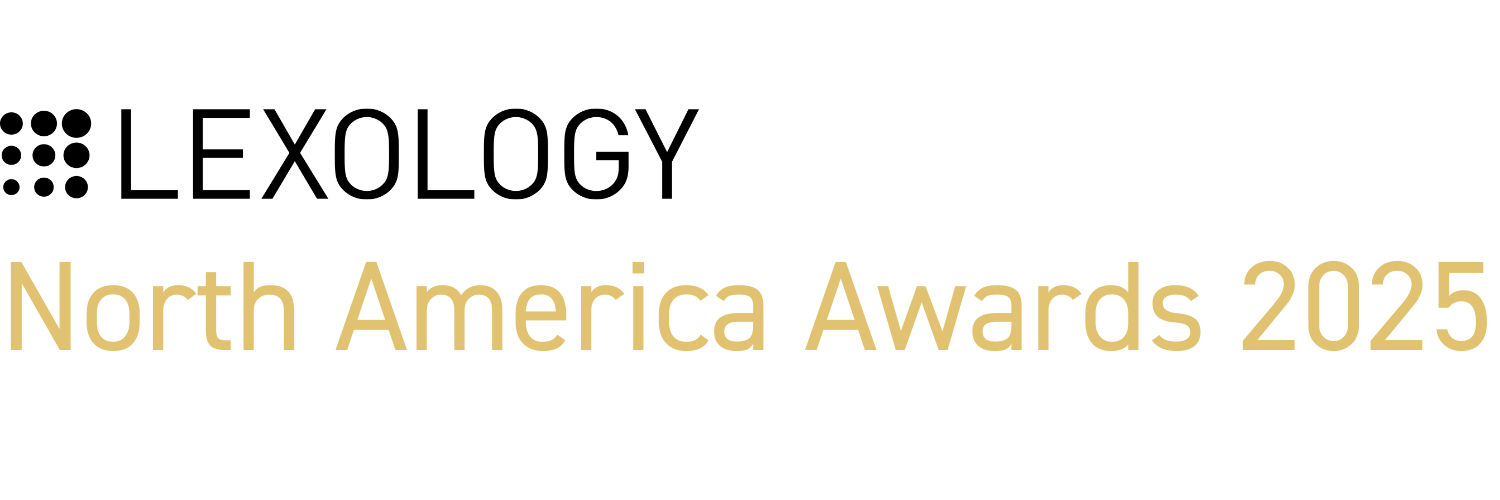Govconlaw Blog
Tips On Preparing Proposals
By: Peck Law
Published Date: June 25, 2018
As experienced government contractors know, submitting the lowest price doesn’t necessarily mean that you’ll win the contract when the solicitation provides for a best value award. It’s critical that contractors submit a well written proposal. Below are some tips on how to prepare a winning proposal.
1. Perform a critical review of the solicitation. Make sure you understand the solicitation requirements and how your proposal will be evaluated.
2. Attend any site visits or pre-proposal conferences. You’ll never know what you’ll learn and you may be able to identify who your potential competitors are.
3. Set yourself apart in your proposal. Address what makes you uniquely quality to perform the work. Highlight your experience and expertise. Never assume that the agency evaluators are familiar with you or your past work.
4. Organize your proposal in accordance with the solicitation evaluation factors. Make it easy for the evaluators to find the relevant information in your proposal.
5. Appearance matters. A sloppy proposal can give the impression that you do sloppy work. Proof read the proposal for mistakes. Use charts, graphics, and photos, but not at the expense of meaningful content.
6. Tailor your proposal to the specific project and the evaluation factors. While many contractors like to recycle proposal content, make sure that that content is relevant to this solicitation.
7. Make sure you include everything required in the proposal and address all of the evaluation factors. Remember that the Government’s evaluation is limited to what is in your proposal.
8. Clearly explain how you will meet the solicitation requirements. Parroting the solicitation requirements is not enough. You have to explain how you will perform the work.
9. Stress the benefits of your proposal. If you propose additional features that exceed the solicitation requirements, explain why these additional features will benefit the Government.
10. Remember that past experience is not the same as past performance. Both may be an evaluation factor. Experience focuses on the degree to which you performed similar work in the past. Past performance focuses on the quality of your work.
11. When past performance is an evaluation factor (and it commonly is), make sure you understand what the Government considers to be relevant past performance. Also, make sure you select the right references. You need to know what your customers will say about you before you list them as a reference.
12. Don’t shy away from addressing negative past performance in your proposal if you believe the Government knows about it already or likely will find out about it during the past performance evaluation. Focus on what you did to correct the problem and why it won’t happen again.
13. If you’re relying on an affiliate’s past performance, make sure you understand the rules of when you can do so. Unless the solicitation states otherwise, you generally can rely on an affiliate’s past performance if the resources of the affiliate (workforce, management, facilities, etc.) will be provided or relied upon for contract performance and the affiliate will have meaningful involvement in contract performance.
14. Make sure you understand how much weight will be given to price in the evaluation. There’s no point in submitting a gold plated proposal when price is the driving factor in the best value award decision.
15. Many government contracts are awarded without discussions. Go in with your best offer and never assume that there will be discussions or an opportunity to revise your proposal.
Stay tuned. In our next blog, we will address some tips on how to get the best out of your debriefings.
#GovConLaw








